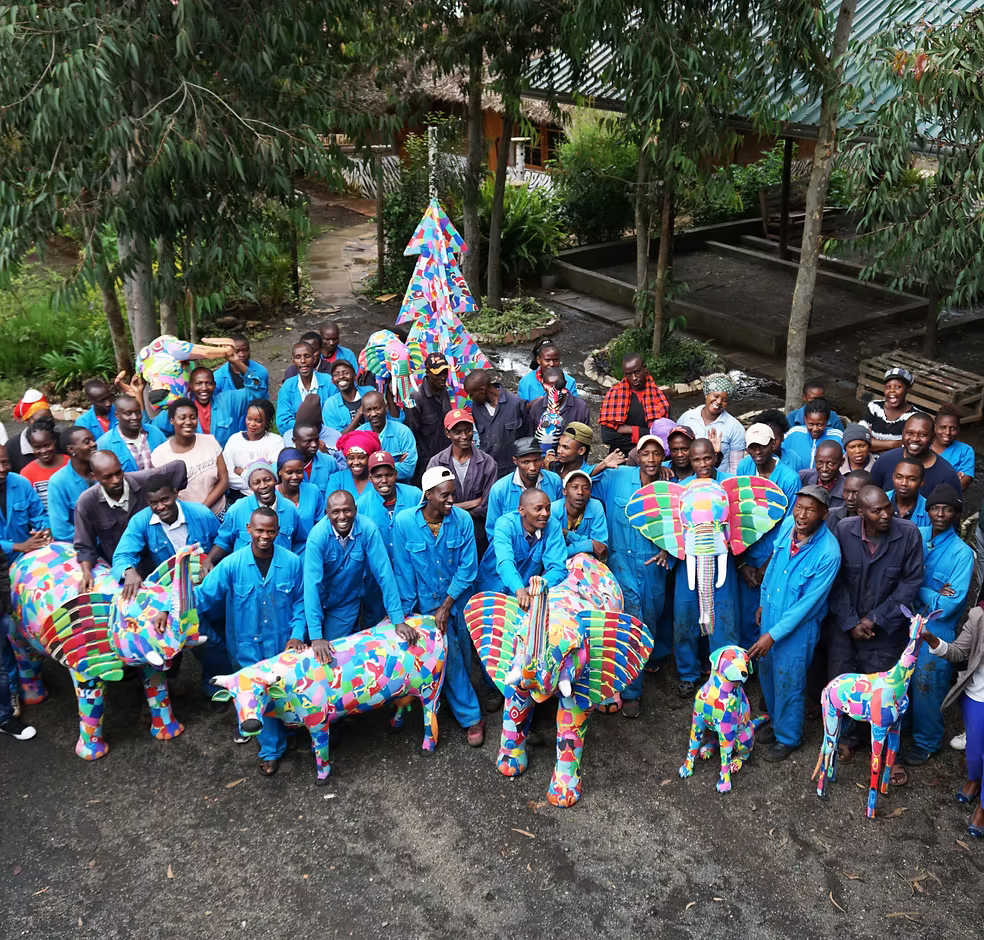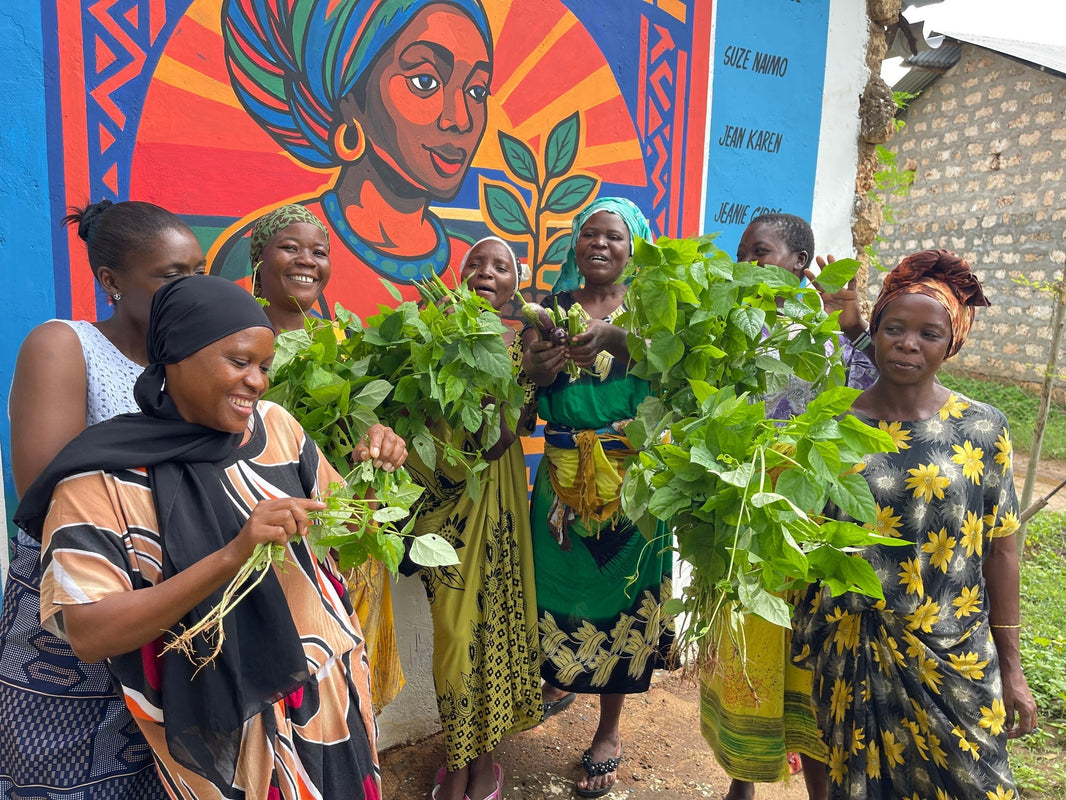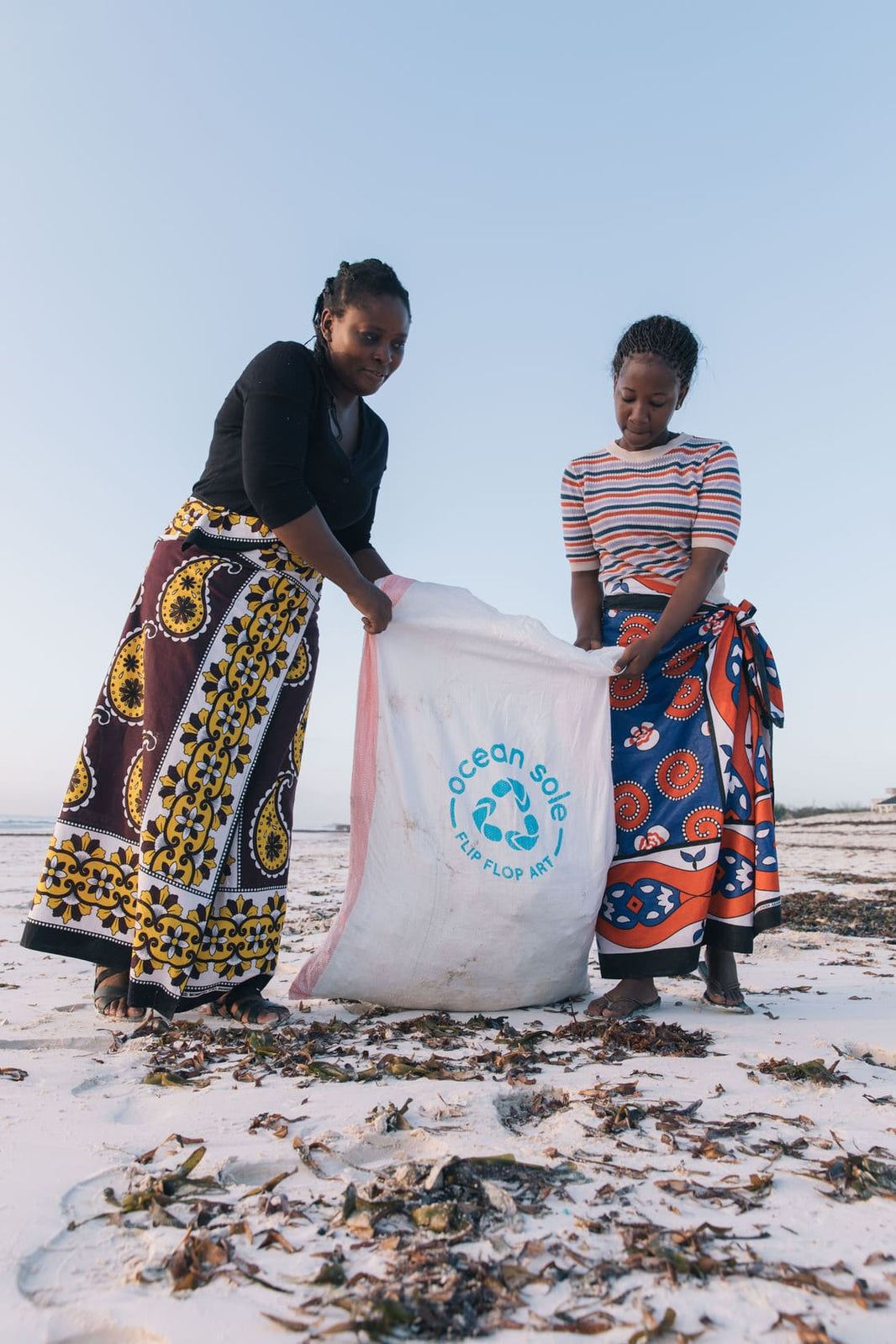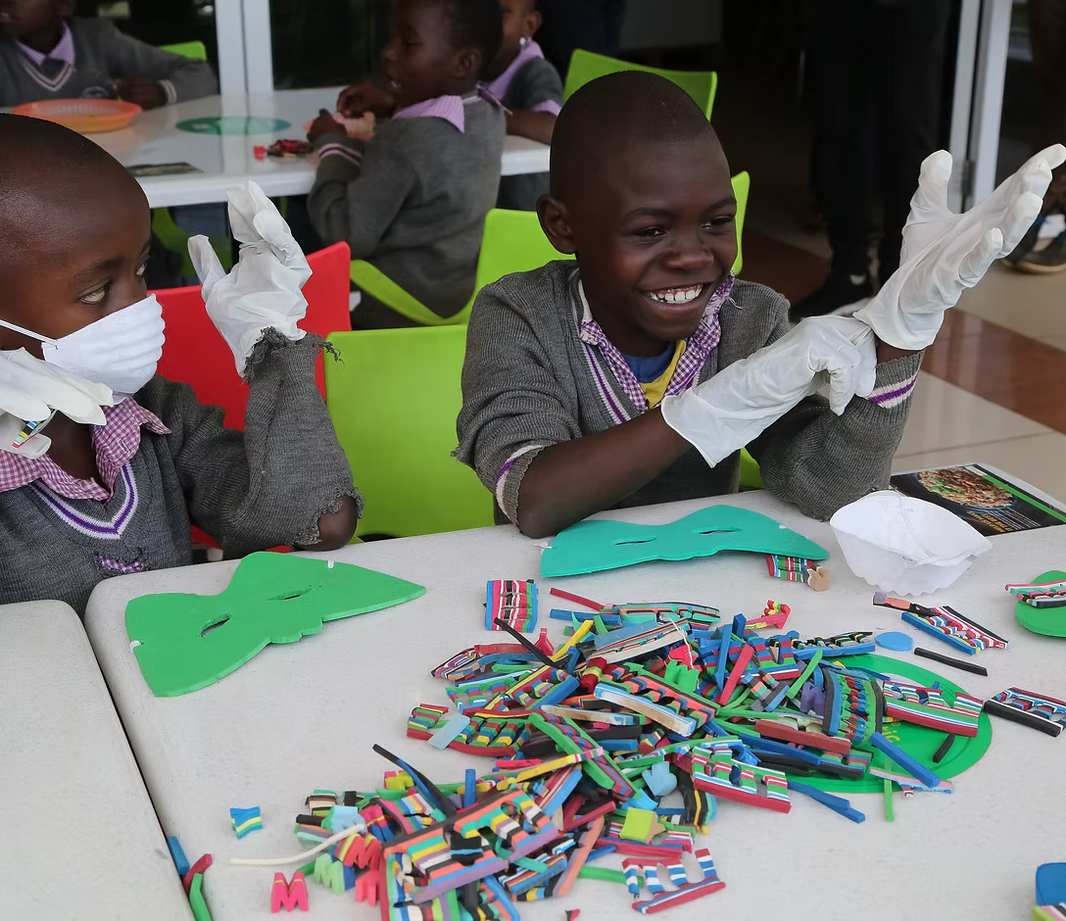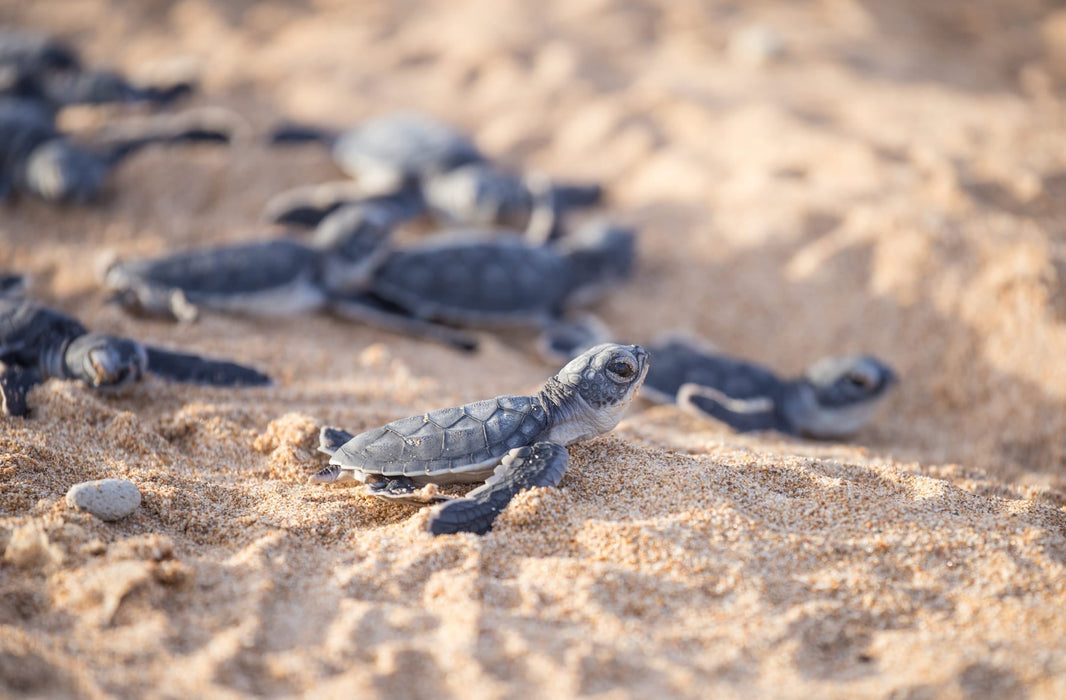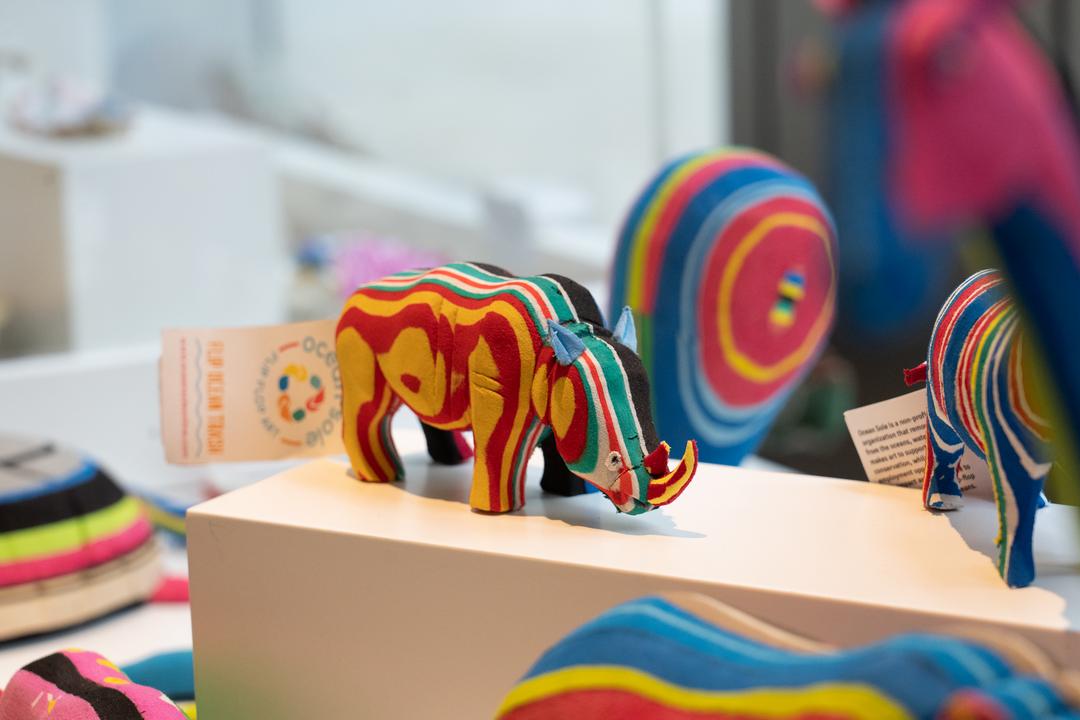Global Recycling Day is just around the corner and this year we wanted to tell you about a form of recycling that seems to go unnoticed in many households - composting.
In America, food waste makes up around 25% of landfill waste, which is a lot! And when food waste sits in landfills and begins to decompose it produces harmful gasses such as methane, which is one of the biggest contributors to global warming.
We hope this blog makes you realize how FUN composting is and what a difference it will make to your gardens or house plants!

Let's start with the basics of composting - most compost heaps are nitrogen and carbon-based. Depending on what type of compost technique you go for will result in which nutrient is needed more!
- Carbon-rich stuff is things like dried leaves, bark, eggshells, coffee grounds and filters, shredded brown paper bags, etc…
- Nitrogen-rich stuff is things like food scraps, green leaves, kitchen waste (that's natural)
But a healthy compost heap should have more carbon-rich material than nitrogen so let's say one-third green and two-thirds brown - easy! Ps. if your compost heap starts to get a bit whiffy add more brown things to it, that should sort it.
Now we understand the science behind it, in a very simplified manner of course, let's begin!
You might already be thinking to yourself, NO WAY I don't have a garden but wait! You literally need space under the kitchen sink or tiny cupboard. Read on!
How to Compost if you don’t have a yard or don’t want to dig a hole/buy a large bin:
Start by getting a little bin (with a lid) - nothing fancy and big but nothing too small either. Make sure you have a good, dry space for it in your house or an apartment. A five-gallon bucket will do the job.

Now to collect your brown matter - don't be embarrassed about going to your local park and collecting dry leaves - nobody will think you're weird.
Once you have a good carbon base, you can start adding your natural food waste to the bin. Avoid using fruit peels that are not organic, your compost won't like pesticides one bit.
Everything will slowly start to decompose, some things quicker than others - if you are feeling really brave why not invest in a handful of red worms. (Your bin will need air holes in it if you go down this route)
They are super decomposers and will speed up the process tenfold. The technical term for using worms in composting is called vermicomposting and you can learn more about it here. This is the best option for people who don't have yards.
Just make sure you don't put any of the worms in your house plants when you are ready to fertilize them with your fresh compost!
Otherwise, sit back and let the compost work its magic! We do suggest giving it a stir every few weeks to make sure that it's all mixing well together. And of course, if your bin gets too packed - you can start keeping your food waste in an airtight container till there is space to fit it in!
Here is our fave choice for composting and it’s made from bamboo fiber too! Or check this article out that has the 8 best composting bins for small spaces.
Hope this helps, Happy composting!



